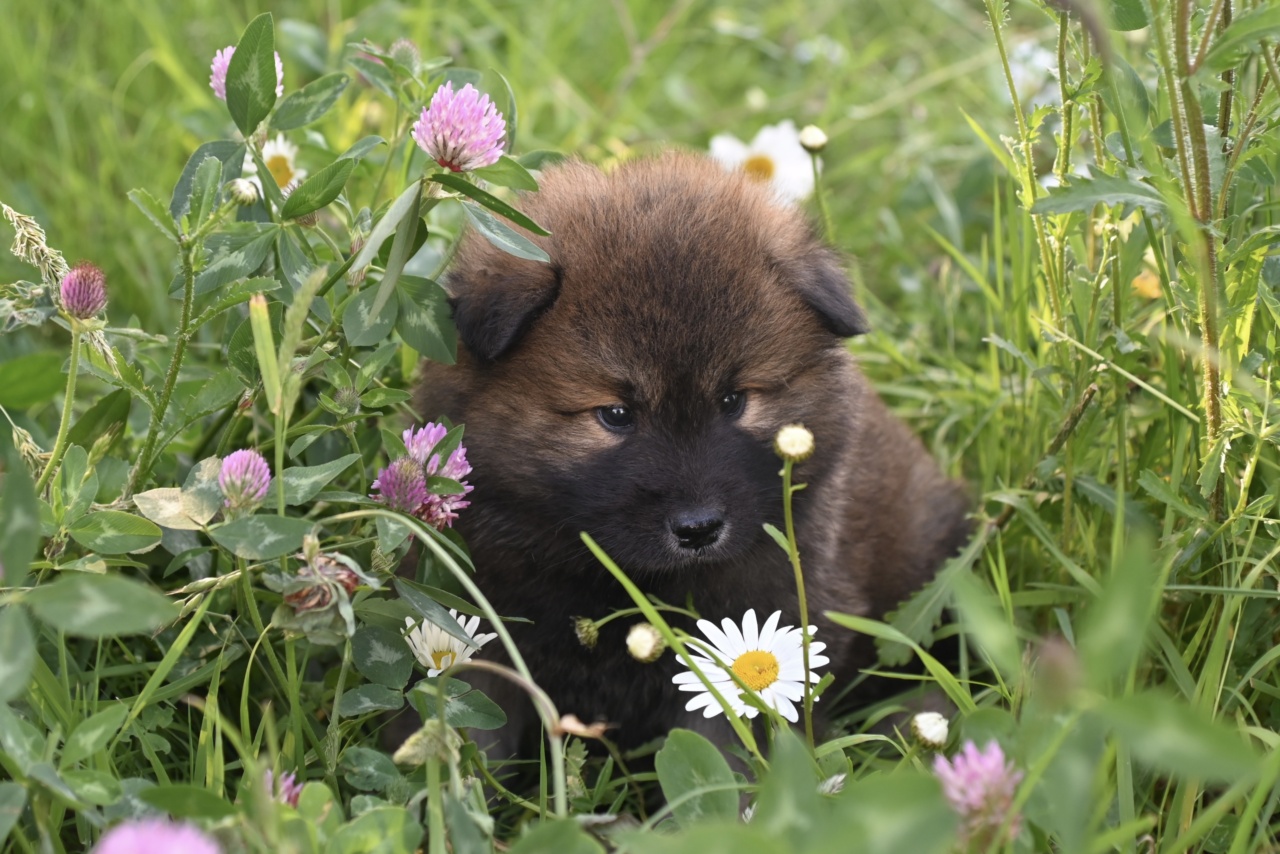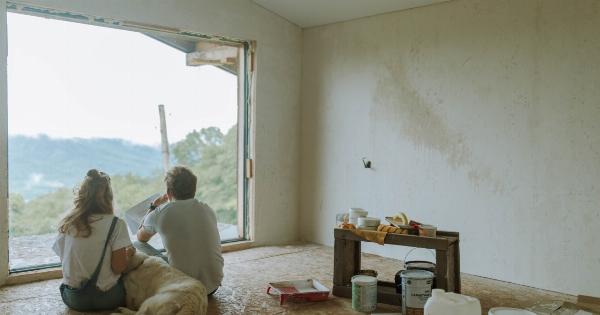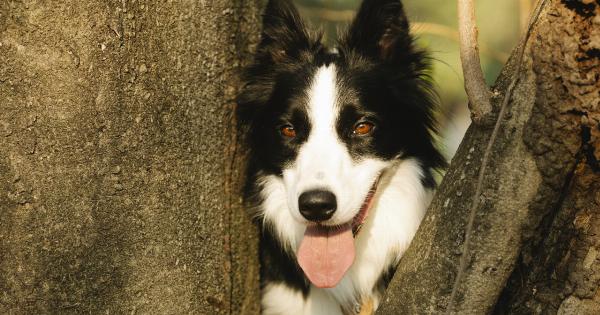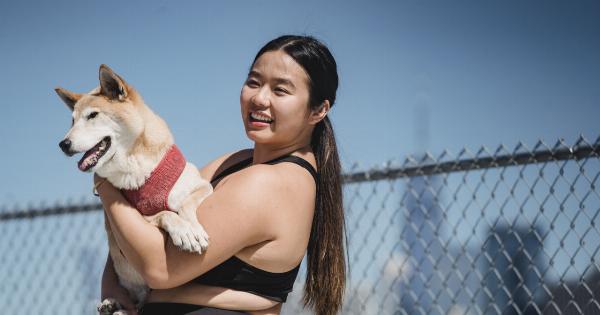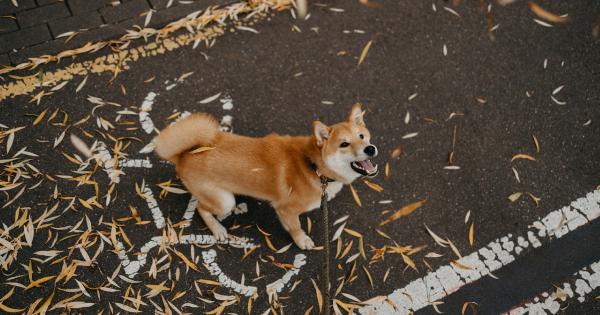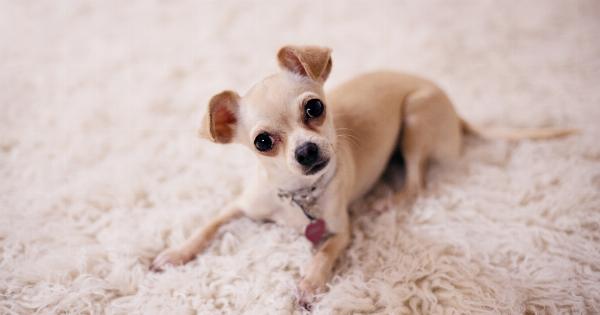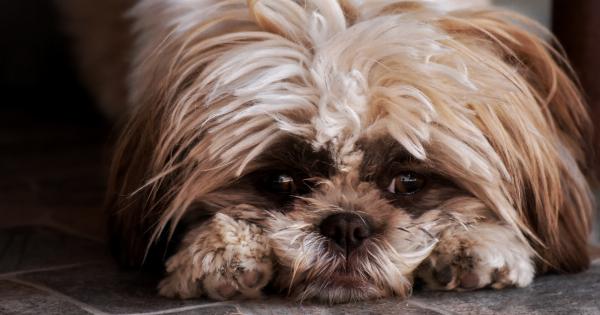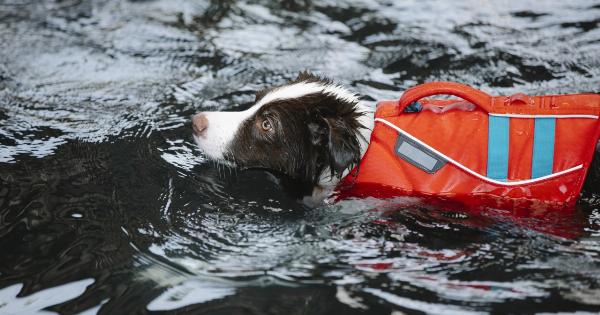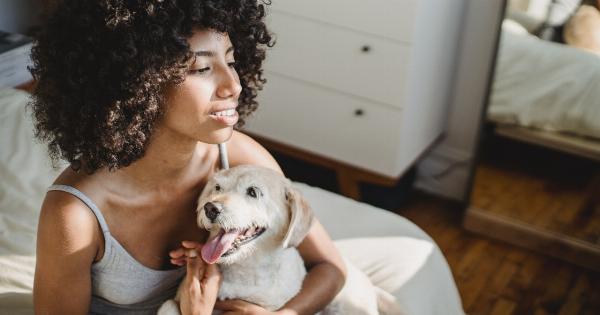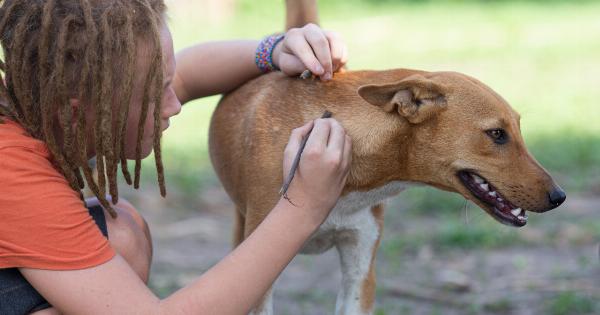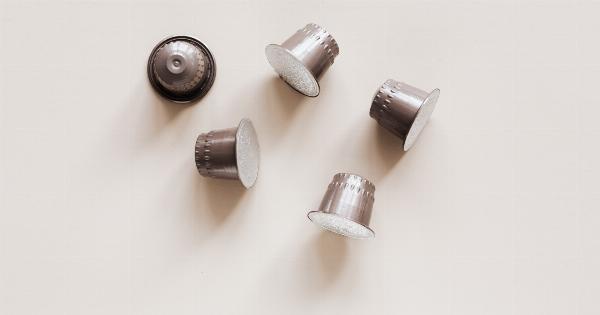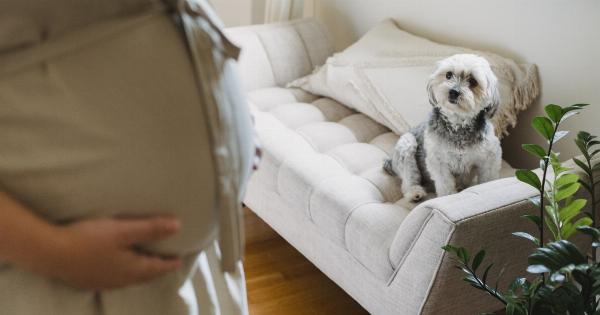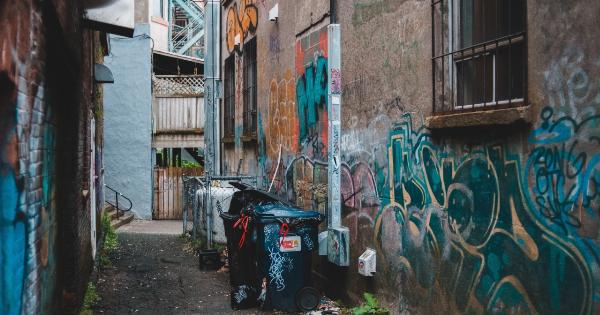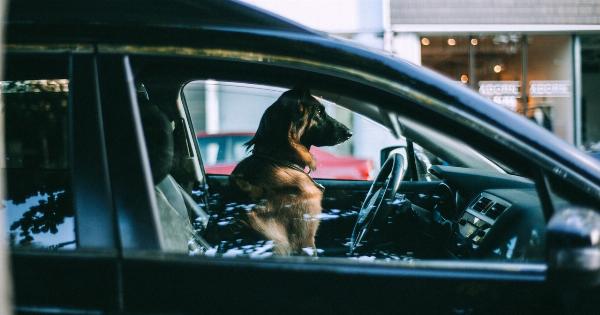Bringing a new puppy into your home is an exciting experience. However, along with the joys of puppyhood, come certain unwanted habits that need to be corrected.
As pet owners, it is our responsibility to train our furry friends and help them become well-behaved members of the family. In this article, we will discuss six common puppy habits that often need correcting, and explore effective strategies to address them.
1. Biting and nipping
One of the most common unwanted puppy habits is biting and nipping. Puppies have a natural inclination to explore their environment using their mouths, which can result in painful bites. It is important to discourage this behavior from a young age.
When your puppy bites or nips, let out a yelp or say “no” firmly to communicate that it is inappropriate. Redirect their attention to a suitable toy or bone for chewing to encourage positive chewing behavior instead.
2. Chewing on furniture and belongings
Puppies have a strong urge to chew, which can lead to destruction of your furniture, shoes, and other valuables. To address this habit, provide your puppy with appropriate chew toys that are durable and safe.
Whenever you catch your puppy chewing on an inappropriate item, say “no” and replace it with an appropriate toy. Consistency and supervision are key in preventing this behavior.
3. Excessive barking
While barking is a natural form of communication for dogs, excessive barking can be disruptive and annoying. To correct this behavior, it is important to understand why your puppy is barking.
Is it due to boredom, fear, or a need for attention? Once you identify the underlying cause, address it accordingly. Ensure your puppy gets enough mental and physical stimulation through playtime and exercise. Gradually introduce them to different situations and sounds to desensitize them and reduce anxiety-related barking.
4. Jumping up on people
Puppies are full of energy and excitement, often resulting in them jumping up on people when they greet them. While it may seem cute when they are small, it can become a nuisance as they grow.
Teach your puppy the “off” command by consistently using it when they jump up. Reinforce positive behavior by rewarding them with treats and attention when they keep all four paws on the ground. Encourage your guests to stay calm and not reward the jumping behavior, as this can confuse your puppy.
5. Pulling on the leash
Walking your puppy should be an enjoyable experience for both of you, but it can quickly turn into a struggle if your puppy constantly pulls on the leash. Start by teaching your puppy to walk beside you using treats and positive reinforcement.
Whenever your puppy pulls, stop walking and wait until they release the tension on the leash. Reward them when they return to your side. Consistency, patience, and using appropriate training tools, such as a harness, can help correct this habit.
6. House soiling
House soiling is a common issue during puppyhood, as young dogs are still learning where they should do their business. Establish a consistent routine for potty breaks and take your puppy outside frequently, especially after meals, playtime, and naps.
Reward your puppy with praise and treats when they eliminate in the appropriate area. If accidents happen indoors, clean them up without scolding your puppy, as this can lead to anxiety and confusion.
Conclusion
Correcting unwanted puppy habits requires patience, consistency, and positive reinforcement. Remember, puppies need time to learn and understand what is expected of them.
By addressing these six common habits – biting and nipping, chewing on furniture and belongings, excessive barking, jumping up on people, pulling on the leash, and house soiling – you will be paving the way for a well-behaved and happy dog. Enjoy the journey of training and bonding with your new furry friend!.
